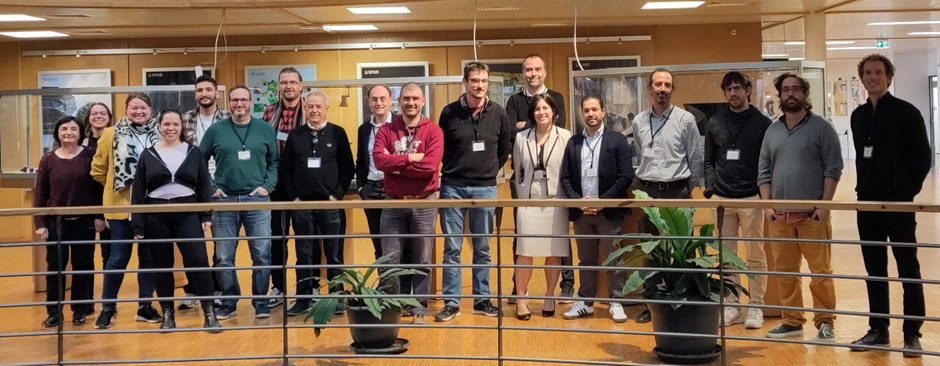
Refrigeration systems contribute significantly to climate change. Now, a European Consortium involving institutions from France, Slovenia, United Kingdom and Spain, has been awarded a €4 million EU grant for the next 4 years to develop a new all-solid refrigeration technology. The FROSTBIT project is based on molecules that change their structure under pressure, known as spin transition materials.

In 2019, refrigeration systems worldwide emitted as much greenhouse gas as the entire European Union. This impact is largely due to the frequent leaks of refrigerant fluids, which represent, for example, 30% per year of the fluids consumed by the cold storage rooms of a supermarket, according to Ademe. Among the most polluting gases lost to the atmosphere are hydrofluorocarbons (HFCs), whose global warming potential is thousands of times higher than CO2.
Given this situation, experts agree that even the slightest improvement in refrigeration systems will benefit the carbon footprint of our planet. It is in this context that the FROSTBIT project has been launched, coordinated by the CNRS (France) and funded by the European Innovation Council (EIC) through its Pathfinder Challenge funding call. The project integrates a portfolio of ten alternative technologies for clean and efficient refrigeration.
Frostbit aims at developing an all-solid system based on spin transition materials. “We are doing barocaloric refrigeration. This involves applying pressure variations to a spin-crossover material to generate heat exchanges from the material to the environment, thus creating cold,” explains Patrick Rosa, CNRS researcher at the Institute of Chemistry of Condensed Matter of Bordeaux and scientific coordinator of the project.
The consortium brings together various European research groups, combining expertise ranging from the synthesis of materials using green chemistry processes to the characterization of the barocaloric properties of the resulting materials. “The first challenge will be to identify a molecule that performs well at room temperature, whose synthesis is sustainable and low-cost, both economically and environmentally,” the researcher clarifies. Once the molecule and its synthesis method are identified, future materials will be shaped through sintering, which transforms powder into centimetre-sized ceramics. The research group led by SISC group member Dr Helena J. Shepherd at the University of Kent will undertake the synthesis of these materials using environmentally sound chemical methods. The materials will be processed and characterised using a range of cutting-edge techniques. Thermal engineers will then help optimize the design of heat exchangers. They will determine the forms of ceramics to produce, their technical feasibility, and the other components of a small refrigeration system. The goal in the long term is to develop a prototype (TRL 4) that will deliver 100 watts of refrigeration power. This is, therefore, an initial step toward this technological alternative to current refrigeration systems. FROSTBIT has a budget of 4 million euros for a four-year duration.
FROSTBIT includes nine public and private partners from four European countries: CNRS, which coordinates the project, its subsidiary CNRS Innovation, the University of Bordeaux, the University of Lorraine, the University of Tours, TOTAL Energies OneTech in France, the Universitat Politècnica de Catalunya in Spain, the University of Ljubljana in Slovenia, and the University of Kent in the UK. The FROSTBIT project has received funding from the European Innovation Council with additional support from UKRI. The European Innovation Council is supported by the European Union as part of the Horizon Europe Research and Innovation Programme.